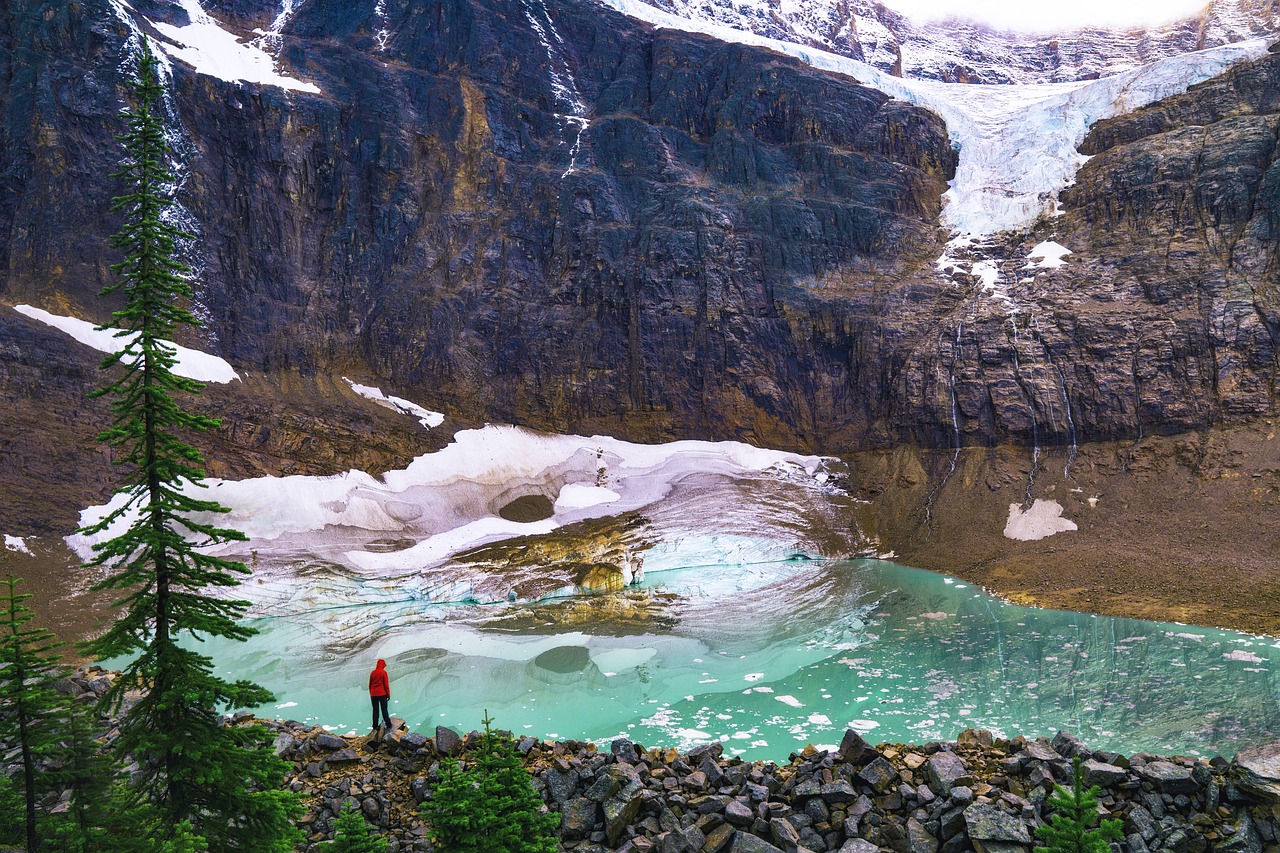
The Anthropocene is the geological epoch characterized by our environmental footprint.
Anthropocene is defined as a new geological epoch , which would be the current one. This concept is a frequent cause of debate in the scientific community, so it admits more than one interpretation. For example, there are experts who do not accept the definition just presented, since they consider that we are still living in the Holocene , which began approximately 10,000 years ago and, according to this position, would continue in force.
Beginning of the Anthropocene
The beginning of the Anthropocene is not well defined, since there are very different versions. One considers it the most recent stage of the Quaternary period , which is part of the Cenozoic Era and took place after the Neogene period, more than 2 and a half million years ago. The Quaternary is characterized by the succession of temperate and glacial phases and by the appearance of Homo sapiens (the human species).
According to many scientists, on the other hand, the Anthropocene began in the late 18th century with the Industrial Revolution . Others place the beginning much further back, associating it with the origins of agriculture . In all cases, the Anthropocene is linked to the great impact that human activities caused on ecosystems , the consequences of which are increasingly noticeable.
Paul J. Crutzen
The Dutchman Paul J. Crutzen , winner of the Nobel Prize in Chemistry , is responsible for coining the notion of Anthropocene. There are those who believe that the word is more political than scientific, since in a way it denounces global warming caused by industrial activities, a fact that is often questioned or refuted by some groups.
His first public use of this term took place in 2000, and was in the context of a conference. By his own account, another participant made a comment about the Holocene, but Crutzen thought it was no longer correct to talk about such a period , given the many changes that have taken place in the planet's recent history . For this reason, he did not hesitate to correct him, assuring him that we are in the Anthropocene , to the surprise of everyone present.
Consequences of the Anthropocene
The most denounced consequence of our activities within the framework of the Anthropocene is global warming. In this framework, it is especially linked to carbon dioxide emissions , generated when fossil fuels are burned, including gas, coal and oil . Deforestation also affects the increase in temperature , as does cement manufacturing, although not with such a great impact.

Global warming is the most serious consequence of the Anthropocene.
Plastiglomerate is a type of rock that is formed with an amalgam of plastics, human waste, rocks and sand; According to the opinion of some scientists, this product is among those that will most drastically affect the planet in the long term . This is another negative activity that can be considered a consequence of the Anthropocene. Over the most recent million years, with each glacial and interglacial cycle there has been a change in the atmospheric carbon dioxide concentration of approximately 100 parts per million. Since 2006, however, due to human actions, the increase has reached 100 parts more than the previous maximum.
According to geologist Jan Zalasiewicz , who heads the Anthropocene Working Group at the University of Leicester , in England, human beings are no longer simply an inhabitant of this planet, but have become a "geological actor." The reason is that our activities have had an indelible impact on the Earth, and that is why we cannot escape the aforementioned accusations. Returning to the debate about the nature of the term in question, we can say that our geological imprint makes it much more scientific than political.
